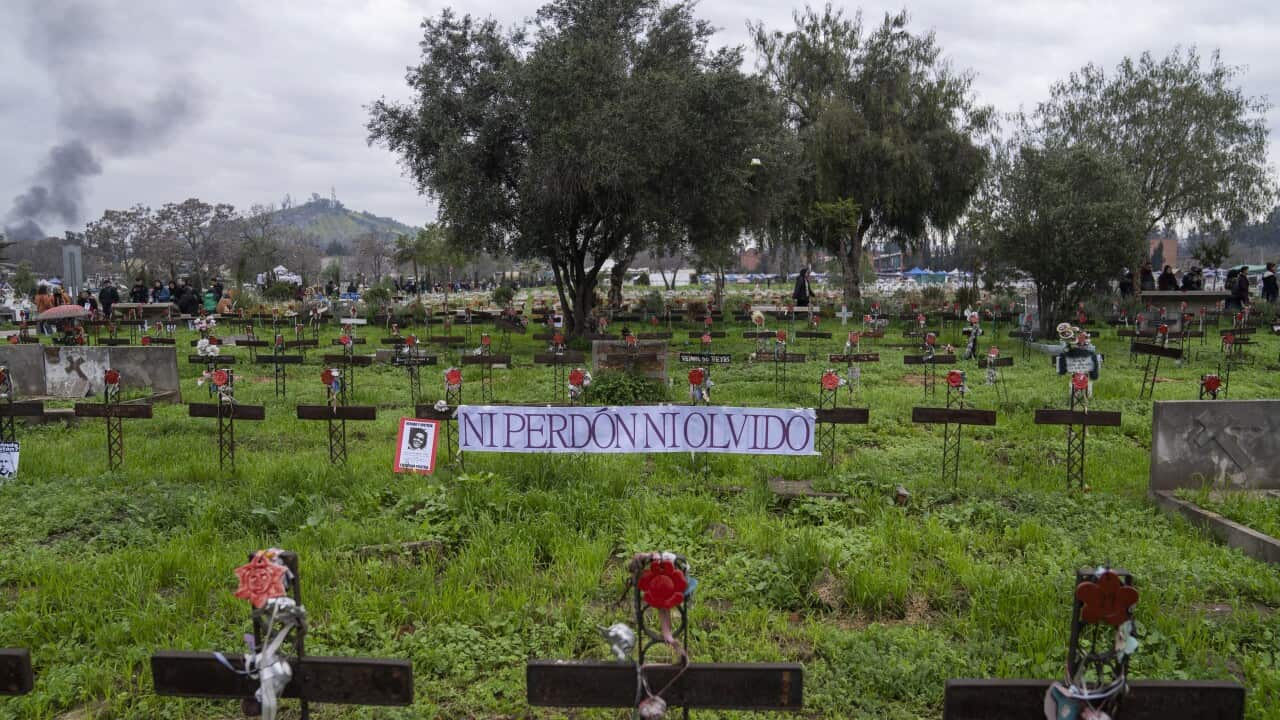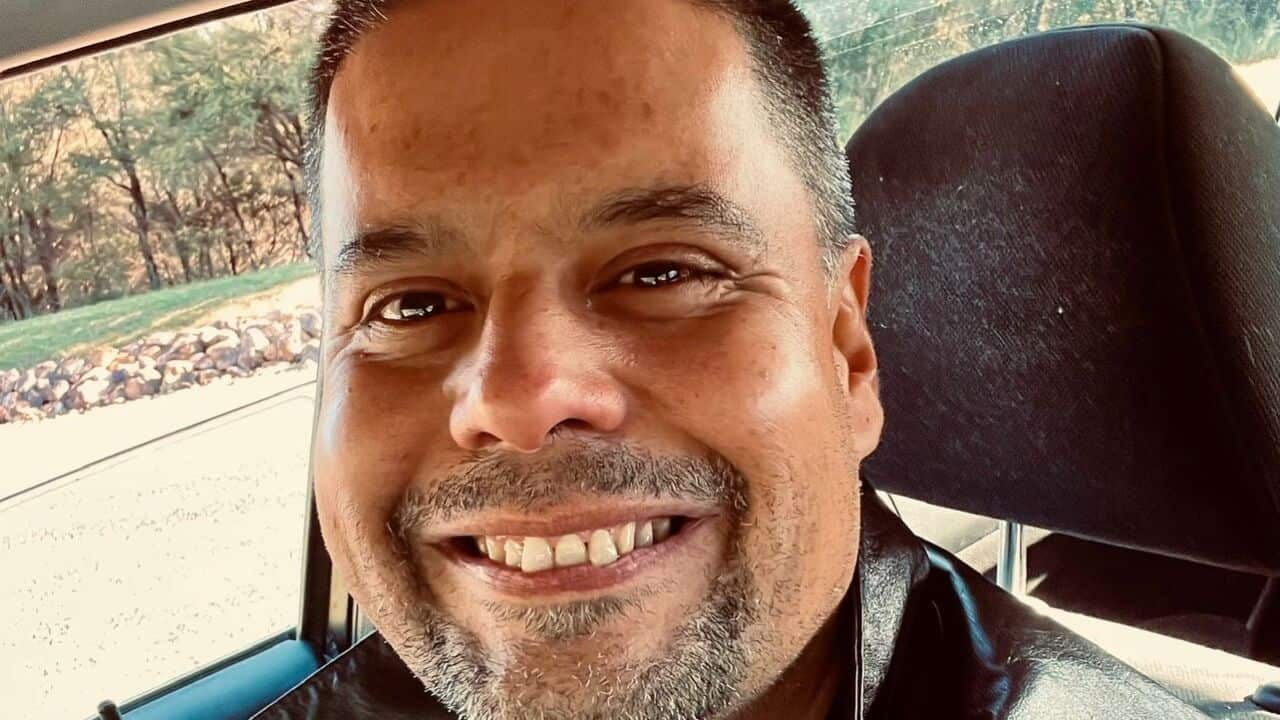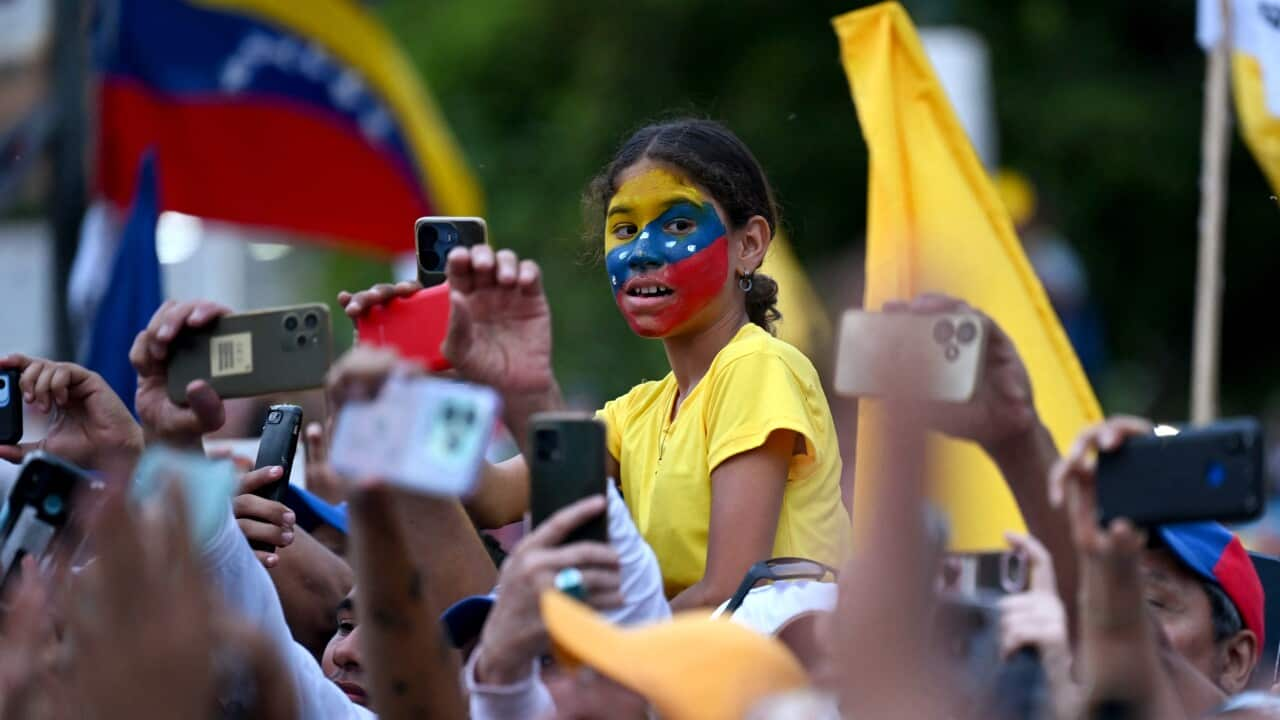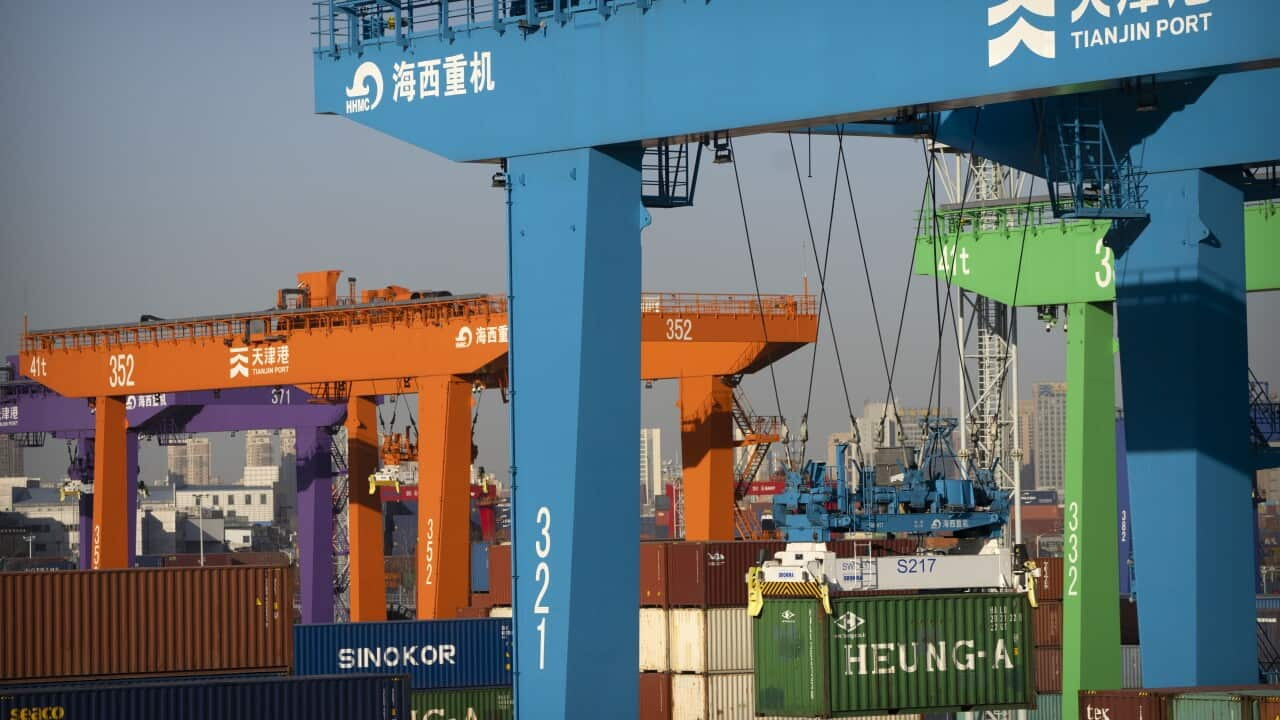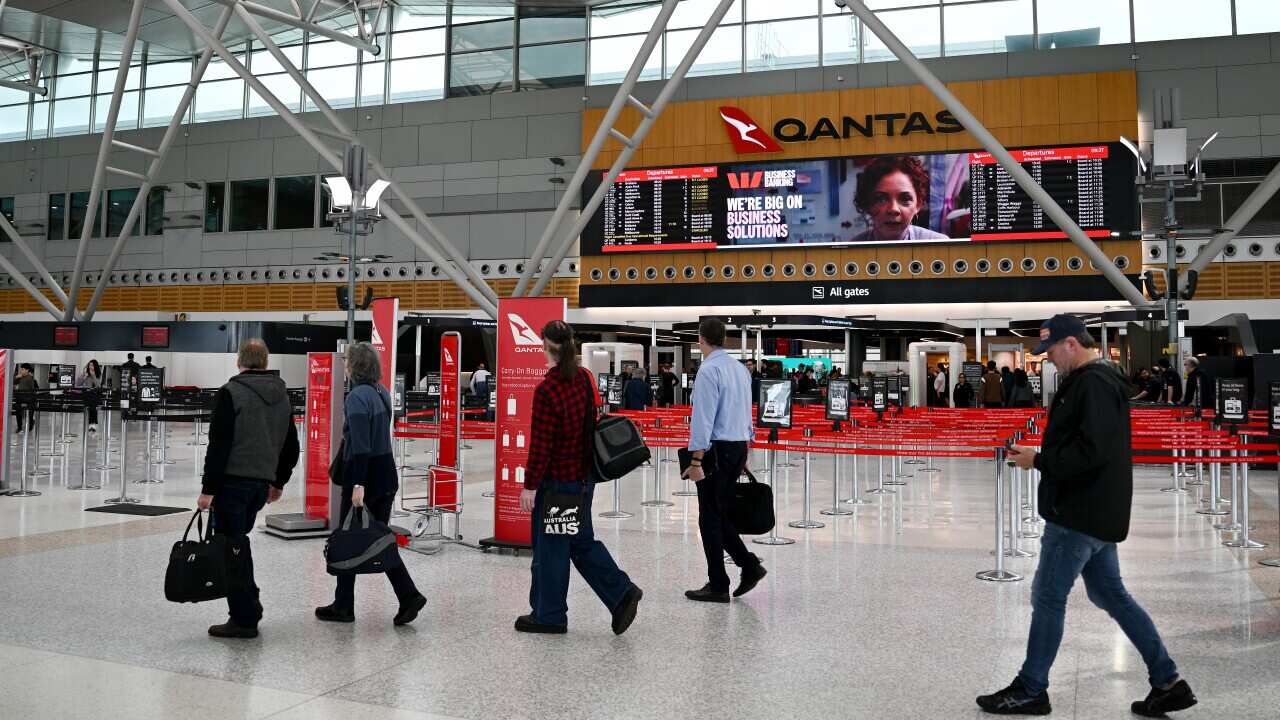Key Points
- On the 50th anniversary of the Pinochet coup, Chileans want Australia's rumoured involvement exposed.
- Declasified documents prove Australian agents were active in toppling the Allende government.
- Migrants say the secrecy is at odds with Australia being a democratic society.
In September 2021, the National Security Archive in the United States and published Australian government documents proving that agents of the Australian secret service established a station in Santiago in 1971.
This was just two years before the military coup on 11 September, 1973, that overthrew Chile's democratically elected president, Salvador Allende.
The highly censored secret cables and memos were handed down to former Australian military intelligence officer Clinton Fernandes, confirming previously published journalistic works. These works, including those by Hamish McDonald and , pointed out that Australian agents worked in the Chilean capital following a request from the United States government, and that the station operated until 1973.
This confirmation provoked outrage amongst members of the Chilean community in Australia, such as independent journalist, Rodrigo Acuña, who in a collective act with more than 60 signatures, sent repeated letters to the government demanding to know the truth and an apology.
"We believe that we have the right to an unreserved apology from the government of Australia, which, through its secret intelligence agency, interfered with a sovereign nation,” they said in one of the letters in 2021.
On the occasion of the 50th anniversary of the military coup this year, they say they are still waiting for a response.

Diplomats from Chile, Venezuela and Cuba join more than 100 others at a "Nothing and No One Is Forgotten" event at the Parliament of New South Wales as part of the commemorations of the 50th anniversary of the military coup in Chile. Credit: SBS/Esther Lozano
In the presence of Allende's grandson, 49-year-old Alejandro Fernández Allende, who travelled from New Zealand to attend the event, they remembered family and friends who disappeared during the Pinochet dictatorship and emphasised the need to know the details of Australia's participation in these events.
Australia's participation [in the coup] is a crying (shame). I don't know what else they're hiding or why they don't want to say it. Hopefully, these documents will be declassified because it is a democratic country.Alejandro Fernandez Allende

Alejandro Fernández Allende (L) and Rodrigo Acuña at the Parliament of New South Wales. Credit: SBS, Esther Lozano
Meanwhile, during Question Time in the Senate on 11 September in Canberra, Greens Senator, Jordon Steele-John, asked foreign minister, Penny Wong, if she would declassify information related to the coup as a gesture of reparation to the victims of the dictatorship in Chile.
Minister Wong replied, “no foreign minister would be responding to a declassification request on the floor of the Senate.”
“Any request for declassification of national security documents would be considered in the usual appropriate way," she said.
“I think Labor's position in relation to the coup, of the Government and the subsequent dictatorship can be demonstrated by Labor history."

Australian Foreign Minister Penny Wong. Source: AAP / Dan Himbrechts
“I will continue to call for the declassification of Australian Secret Intelligence Service (ASIS) and ASIO documents,” he said.
The history of the Labor Party's position on the coup in Chile throws some shadows that have yet to be cleared, according to Mr Acuña.
Documents declassified in 2021 confirm how former Labor prime minister Gough Whitlam ordered the closure of the ASIS station in Santiago in 1973, although he feared how the United States and the CIA would react to the decision.

Former Prime Minister of Australia, Gough Whitlam. Source: Getty / Credit: Getty Images/David Austen/Keystone/Hulton Archive
“When I discovered the role which Australian intelligence had played in the overthrow of the Allende government in Chile in 1973, I was appalled to think that my own department was involved in this sort of work and that our intelligence agents in Chile were acting as the (conduit) between the CIA and the Pinochet junta,” Mr Cameron said.
“Imagine my amazement when I received a letter from the prime minister saying that I was to take no further action in the matter, that I was not to withdraw ASIO agents, even from Santiago in Chile, and that nothing was to be done about it at all,” he concluded.
Gustavo Martin, 85, a Chilean historian and researcher living in Canberra, was the first refugee to arrive in Australia in January 1974, thanks to a government program that welcomed nearly 6,000 Chileans.
Along with fellow Chilean, Víctor Marillanca, he has spent a lifetime meeting with Australian government officials, advocating an investigation into the secret participation of intelligence services in the overthrow of the Allende government.
I regret that Australia has two faces, because Australia welcomed us Chileans with such affection and allowed us to wipe away the tears of the pain we were bringing.Gustavo Martin
“I am surprised that Australia cannot take a free and independent step, not subject to any foreign power on this issue of human rights, which is so important for the whole world,” Mr Marillanca said.
To listen to the full interview, click on the play icon at the top of the page.
Readers seeking crisis support can contact Lifeline at 13 11 14, Suicide Call Back Service on 1300 659 467 and Kids Helpline on 1800 55 1800 (for young people up to 25 years old). More information and mental health support is available atand on 1300 22 4636.

